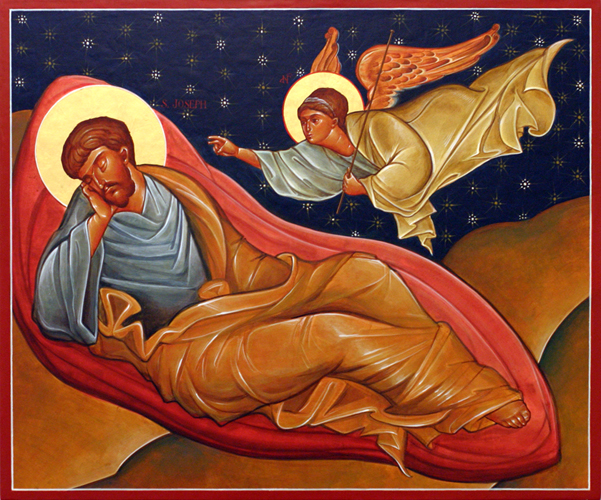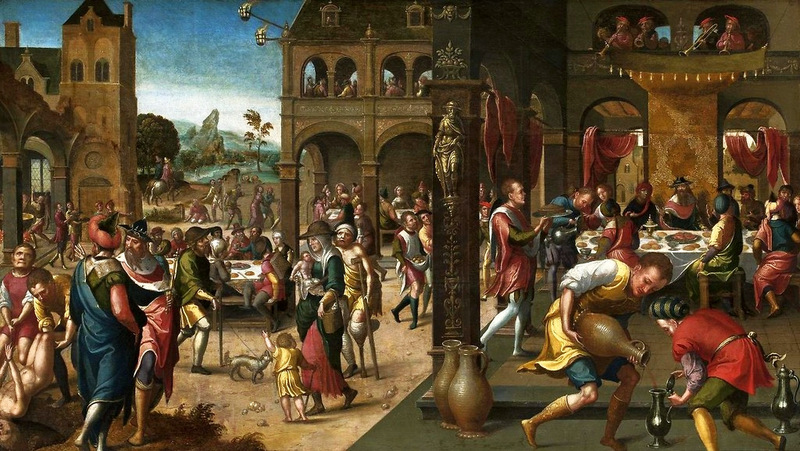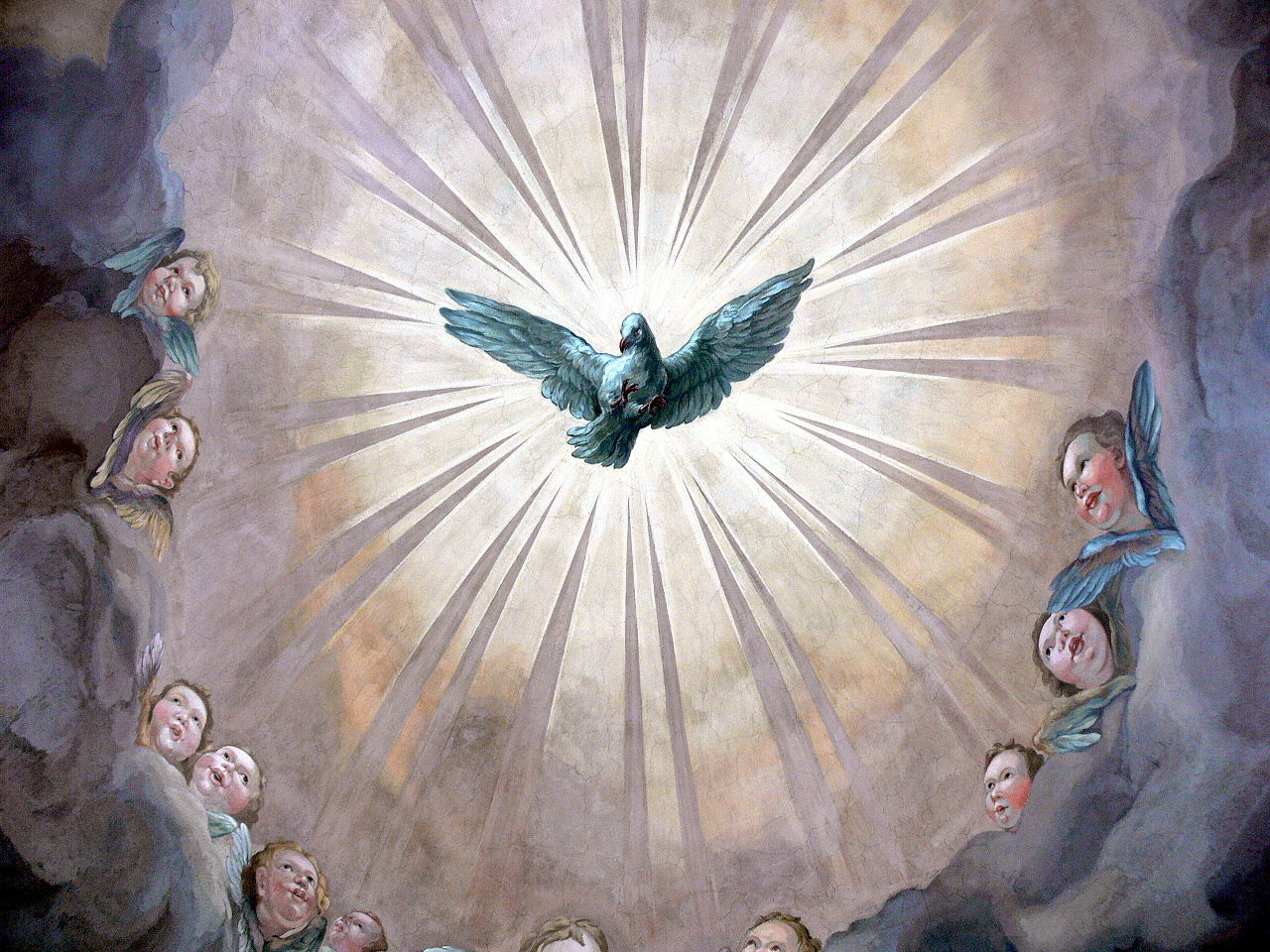Sixth Sunday of Easter | USCCB
“If you love me, you
will keep my commandments.”
This quote from today’s Gospel
passage is taken from the section covering the Last Supper which spans four
chapters of John’s gospel.
We are all familiar with lengthy
farewells. They usually start in the kitchen after a good meal, and leftovers
are wrapped up to send with our guests. Then we stand in the hallway as they
are gathering their belongings, followed by hugs and kisses at the door. Then
we follow our guests to their cars where we promise to get together soon
followed by more hugs and kisses. Then we stand by their cars as they get in,
wishing them safe travel. As they pull away, we stand and wave and throw more
kisses as they toot their horns and finally drive away. We may still stand
there as they go down the road and say what a good time we had with them.
In a similar manner, in Chapter 13
after washing of feet of the apostles Jesus says, “I give you a new
commandment: love one another.” Jesus will go on to repeat “love one another”
four more times through the next two chapters. Jesus talks about keeping his
commandments six times in the same two chapters saying finally: “This I command
you: love one another.”
If there could be anything more central to the
gospels, and to Jesus’ teachings it has to be, “love one another.” If there is
anything more important in all of Scripture it has to be “love one another.” In
fact “love one another” appears sixteen times in the New Testament.
The commandment to love sounds easy
until we stop to realize what it means. In the New Testament whenever the word
“love” appears, it is the word agape.
For
Christians, agape from Ancient Greek ἀγάπη (agápē))
is "the highest form of love, charity" and "the love of God for man and of man for
God". This is in contrast to philia, brotherly love,
or eros with the sense of a sexual
nature. We most commonly use the word “charity” when we refer to the love that
is “agape.” So another way we
could say “love one another,” is to say, “Be charitable to one another.”
Jesus concludes
today’ passage saying, “Whoever has my commandments and observes them is the
one who loves me. And whoever loves me will be loved by my Father, and I will
love him and reveal myself to him.” This is a round-about way of revealing the
intimate relationship the Father has with the Son and is made known in the
outpouring of the Holy Spirit to the community of all who love one another.
How are we faithful to Christ’s
commandment to love one another on a personal level? How do we show this in our
closest relationships? Are we selfish or do we put the needs of others ahead of
our own?
How are we faithful to Christ’s
commandment to love one another as a community of believers? Are we judgmental
and do we exclude others based on arbitrary criteria? Do others seek to be
members of our faith community because they see a living example of Christ’s
love? Do we seek to bring meaningful change to a world suffering from injustice
on so many levels?
In the Eucharist we celebrate today
let us ask God for the grace to break down the barriers that keep us from fully
loving one another and to take that love out into the world as we leave here
today.



 Who doesn’t like to go to a wedding
reception? Who has ever had to turn down or be excused from a wedding
invitation?
Who doesn’t like to go to a wedding
reception? Who has ever had to turn down or be excused from a wedding
invitation?
